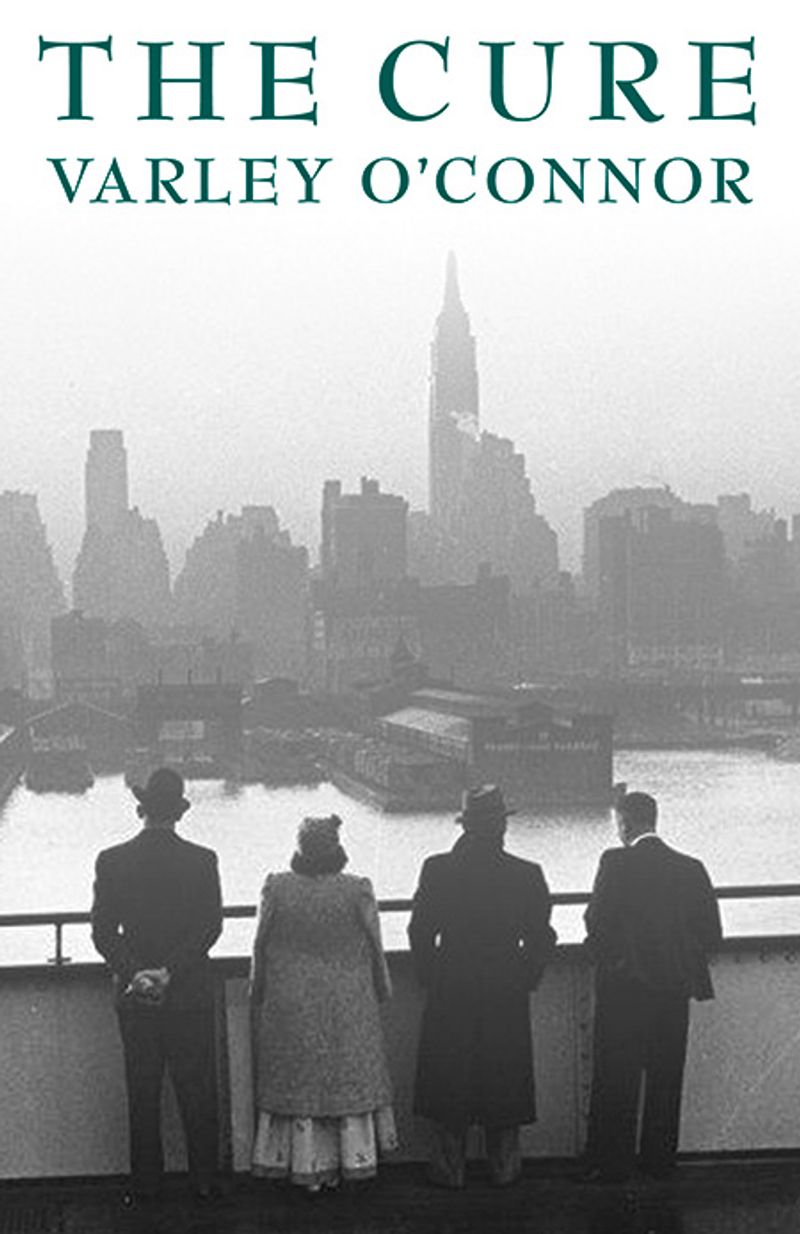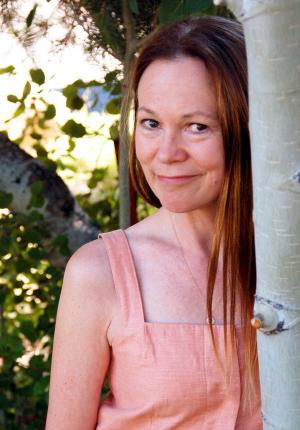This sublimely written novel takes on large issues such as illness, race, family relations, and the varieties of human love. Honesty and compassion inform every page, and there are passages so musical and full of grace they read like hymns. Reading groups should rejoice at this book.
— Sigrid Nunez, author of The Last of Her Kind
The Cure
As America emerges from the Depression, the Hatherfords build a comfortable life just outside of New York City, in rural Bergen County, New Jersey. They are a glamorous couple: Vern is the charismatic owner of a successful Ford dealership, and his flamboyant wife Maeve is beautiful even in middle age. When their three-year-old son Scott falls prey to polio, and later, another son must go to war, their marriage slowly implodes. In the midst of it all, twelve-year-old Patsy steals swallows of whiskey and tries to make sense of the world around her, which includes an unusual intimacy between her brother Scott, and Julian, a young African American boy who lives among them.
A beautifully written family saga about race, war, childhood illness, and romantic desire, The Cure has at its heart wounding and the struggle for hope.

Paperback
- ISBN
- 9781934137031
Related:
Varley O’Connor is the author of five novels, including The Welsh Fasting Girl, The Master’s Muse, and The Cure. She lives in Cleveland Heights, Ohio.
visit author page »Praise for The Cure
A sustained tenderness and rare emotional sympathy for all her characters infuse Varley O’Connor’s latest novel, her best. The Cure is fresh and engaging from author’s commanding literary skill, her imaginative control of the historic details, and her marvelous feeling for the fragility of family dynamics.
— Phillip Lopate, author of Waterfront
In this poignant and well-told novel, Varley O’Connor inhabits the fragile lives that unravel in the face of illness and disease. But, as with all wonderful writers, this is just the beginning for this tale ripples into one of race and class. Part period piece, part family saga, The Cure is a particularly American story and an achingly beautiful one at that.
— Mary Morris, author of The River Queen
Varley O’Connor’s The Cure is a moving, beautifully written, character-driven novel about a compelling couple and their children living in rural New Jersey in the thirties. The book captures the dangerous intersection between private life and the forces of history — the crises of the post-depression years, the war, polio epidemics, racial prejudice — and gives the reader that rare pleasure of inhabiting another family life that feels at once entirely familiar and new.
— Susan Richards Shreve, author of A Student of Living Things and Warm Springs

